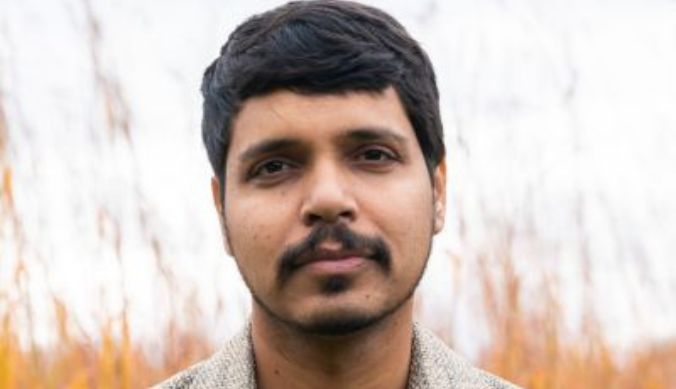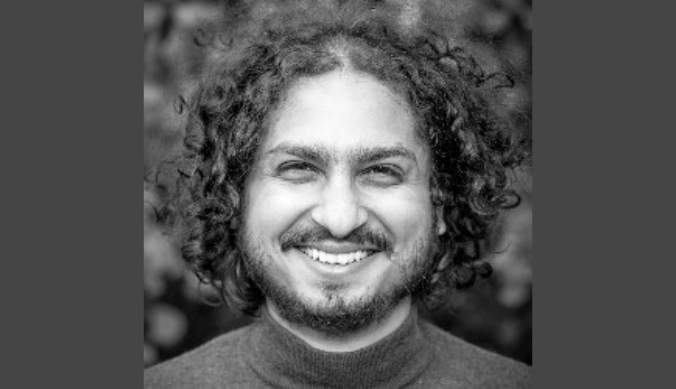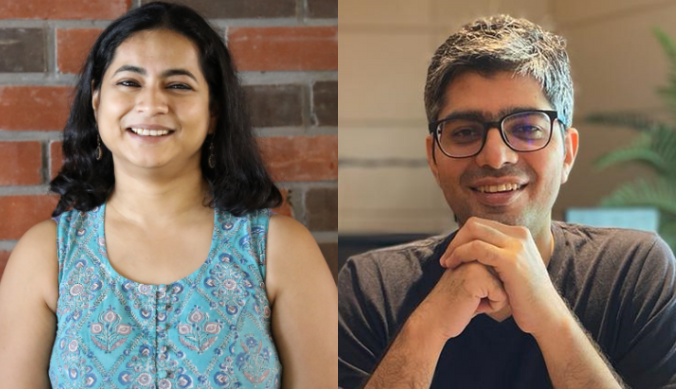Unveiling the First-Round Winners of Breakthrough Research Grant
Ashoka University announced the launch of the first co-funded Breakthrough Research Grant with the Gupta-Klinsky India Institute at John Hopkins
Ashoka University and the Gupta-Klinsky India Institute jointly launched the Breakthrough research grant programme in 2023. The program aims to foster collaborative opportunities among researchers from both organisations.
The Ashoka-GKII Breakthrough research grant is designed to fund and support interdisciplinary pilot projects. The current round focuses on Health Data Research, encompassing priority areas such as (but not limited to) data analytics and intelligence, predictive modelling, bioinformatics tools (including omics such as proteomics, transcriptomics, glycomics, metagenomics, metabolomics, lipidomics, and epigenomics), health and wellness behaviour modification tools, common data models (CDMs), decision support systems, and virtual consultations.
In July 2023, the calls for the current round were initiated, and subsequent applications underwent a thorough evaluation by the leadership of the seed grant program. This leadership team comprises faculty champions from each of the partner institutes. A prerequisite for project consideration is the inclusion of a lead Principal Investigator from both Ashoka University and GKII.
We are pleased to announce that the following teams and projects have been chosen for funding.

Winning Team #1 – Dr Debayan Gupta (Assistant Professor of Computer Science, Ashoka University) and Dr Steven J Chipman (Assistant Professor of Medicine, Division of Infectious Diseases, John Hopkins School of Medicine)
Title: Machine Learning Methods for Enhanced Forecasting of Antiretroviral Therapy Demand in India
Machine Learning has immense potential for optimising supply chains and demand forecasting. Sadly, it is underutilised in reality, even in critical domains such as healthcare. The team focuses on one impactful use case: forecasting demand for HIV medication in India. Ensuring a consistent supply of medication is critical, but oversupply and wastage are not acceptable given the constraints. The careful and consistent balancing of stock required to do this is a complicated task, and they aim to create a powerful model for ART demand that can generalise and scale to other such systems across the world, as well as act as a tool for decision-makers to test out what-if scenarios involving factors like factory shutdowns and supply delays.
Winning Team #2 – Dr Rintu Kutum (Faculty Fellow of Computer Science, Ashoka University) and Dr Matthew L. Robinson (Assistant Professor, Division of Infectious Diseases, John Hopkins School of Medicine)
Title: Leveraging language models and a common data model to unlock real-world evidence from unstructured electronic health record data in India.
The primary objective is to develop natural language processing algorithms and leverage open-source large language models tailored to the Indian context. These tools will extract and transform clinical features from unstructured clinical notes into the Observational Medical Outcomes Partnership Common Data Model. The team aims to determine the prevalence and choice of antibiotic prescription among outpatients with febrile respiratory illness in India and the US. Additionally, they will assess the impact of antibiotic choice on treatment outcomes for inpatients with carbapenem-resistant organism pneumonia in India and the US.
This grant challenge awards $60,000 to each winning team. On behalf of Ashoka University, we extend our heartfelt congratulations to both teams and offer our best wishes for the success of their projects.
(Written by Dr Aradhita Baral and Dr Yukti Arora)
Study at Ashoka













